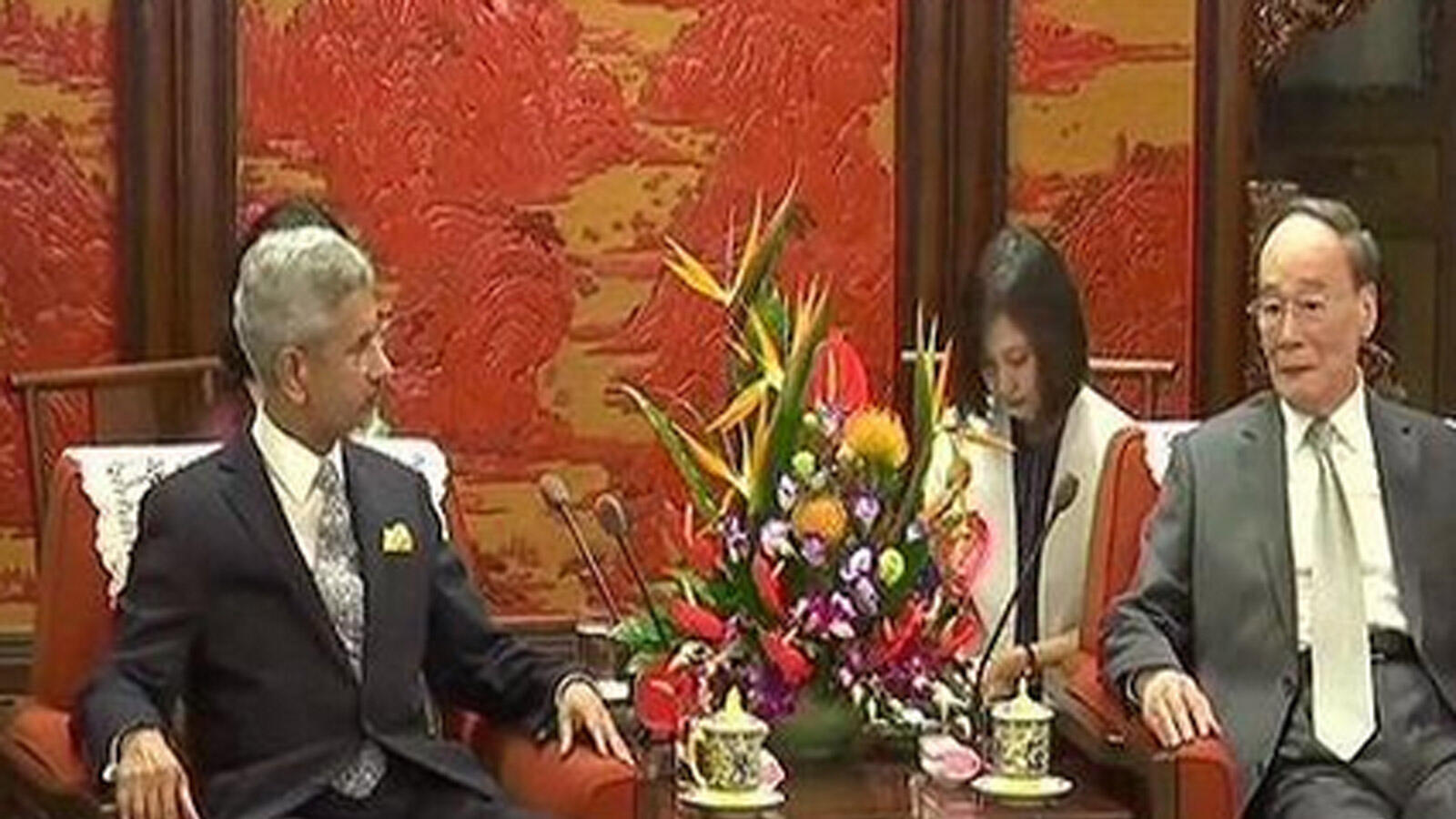India has once again demonstrated strategic maturity and statesmanship. Despite Beijing’s recent provocations — from siding with Pakistan during the brief but intense conflict earlier this year, to voicing displeasure over Prime Minister Narendra Modi’s birthday greetings to the Dalai Lama — New Delhi has signalled its willingness to reset ties with China. This intent was made amply clear by External Affairs Minister S. Jaishankar during his meeting with Chinese Vice President Han Zheng on the sidelines of an international forum. He emphasised that India believes its relationship with China can yield “mutually beneficial outcomes,” and highlighted the importance of an open exchange of views, especially amid a “complex” global situation. These are carefully chosen words that, while diplomatic, also carry a message: India is open for dialogue, but not on China’s terms alone. Let’s not forget the recent backdrop. India’s four-day military conflict with Pakistan, triggered by the Pahalgam terror attack, ended decisively. India not only decimated the operational bases of the two most dangerous terror groups — Jaish-e-Mohammed (JeM) and Lashkar-e-Taiba (LeT) — but also reportedly disabled nine Pakistani airbases. Yet, China, rather than support global calls to rein in Pakistan’s terror infrastructure, chose to shield Islamabad diplomatically. Beijing’s stance was in stark contrast to the constructive roles played by others — including the United States, where even Donald Trump, no stranger to strongman tactics, publicly criticised Russian President Vladimir Putin for dragging his feet on the Ukraine ceasefire, while simultaneously taking credit for brokering a temporary pullback between Israel and Iran. Against this global shift towards de-escalation and strategic rebalancing, China’s tone-deaf alignment with Pakistan looked both outdated and opportunistic. Further aggravating matters is China’s recurring interference in Tibet and its bizarre obsession with controlling the succession of the Dalai Lama.
The Communist Party, which doesn’t even believe in religion, continues to assert it will appoint the next Dalai Lama — a claim that not only violates the religious freedom of Tibetan Buddhists but also makes China look comically insecure on the world stage. The Party’s insistence on imposing a state-appointed spiritual leader reeks of ideological schizophrenia and colonial arrogance. India, on the other hand, has handled the Tibet issue with restraint and dignity. Modi’s birthday greetings to the Dalai Lama were a civil, human gesture — nothing more, nothing less. That Beijing took offence to this again exposes the rigidity of a regime that still views diplomacy through the lens of control and paranoia. At this juncture, the onus lies on China to recalibrate its approach. India has made it known that it is willing to engage — but not at the cost of its sovereignty, security, or dignity. If Beijing truly seeks regional stability and wants to be taken seriously as a global power, it must rethink its policies, particularly its blind support to Pakistan and its misplaced interference in religious matters. Moreover, with a changing global order — where U.S. influence is waning, Russia is preoccupied, and middle powers like India are rising — China would be well advised to reassess its neighbourhood strategy. It cannot afford to alienate both India and Russia simultaneously while continuing to provoke tensions in the Indo-Pacific. To put it bluntly, India has done its part. It has defended its interests firmly, yet left the door open for diplomacy. China, meanwhile, is sulking over its weapons underperforming in the recent conflict, while peddling outdated narratives about the Dalai Lama and clinging to failed alliances. It’s time for Beijing to act its age and not its ideology. If Xi Jinping’s China wants to be seen as a responsible superpower, it must first prove capable of behaving like a responsible neighbour. The ball is squarely in China’s court now.





